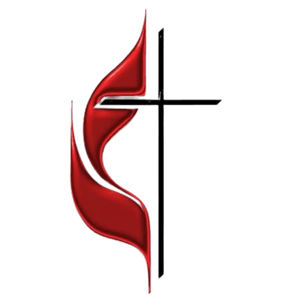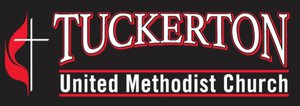Our Beliefs
At Tuckerton United Methodist Church, we are part of a 12.3 million-strong global denomination that seeks to open hearts, open minds, and open doors through active engagement with the world.
Rooted in the teachings of John Wesley, our tradition emphasizes Christian living—putting faith and love into action. We believe in what Wesley called “practical divinity”—living out our faith in meaningful, everyday ways.
✝️ Jesus Christ
Jesus Christ is at the center of everything we believe.
We believe:
- Jesus lived a sinless life, died in our place, and rose again in victory.
- Only Jesus can reconcile us to God.
- He is alive today and will return again as promised.
🔺 The Trinity
We believe in one eternal God—Creator of all things—who exists in three persons:
- God the Father
- God the Son (Jesus Christ)
- God the Holy Spirit
- He is perfectly holy, fully loving, and always present.
📖 The Bible
We believe the Bible is God’s Word—vital to our faith and daily life. We view it as:
- A Library: 66 books written across centuries, telling the story of God’s covenant with humanity.
- Sacred Scripture: Guided by the Spirit and affirmed by generations of believers.
- God Speaking: The Bible contains all things necessary for salvation and reveals God's will.
- A Guide for Life: We study Scripture together, asking how it shapes our faith, community, and personal growth.
⛪ The Church
We believe the Church is the body of Christ—called to continue Jesus' work in the world.
The church is:
- A community of disciples, past, present, and future.
- A place to worship God and grow in faith.
- Called to make disciples of Jesus Christ for the transformation of the world.
🕊️ The Sacraments
We celebrate two sacraments in the United Methodist Church:
- Baptism: The beginning of our faith journey and belonging to Christ.
- Holy Communion: A sacred meal that sustains us and draws us closer to God.
Got Questions?
Have a question about what we believe at Tuckerton UMC? Reach out to one of our leadership team members — we’d love to connect with you!
🔗 Learn more about our global United Methodist beliefs:

